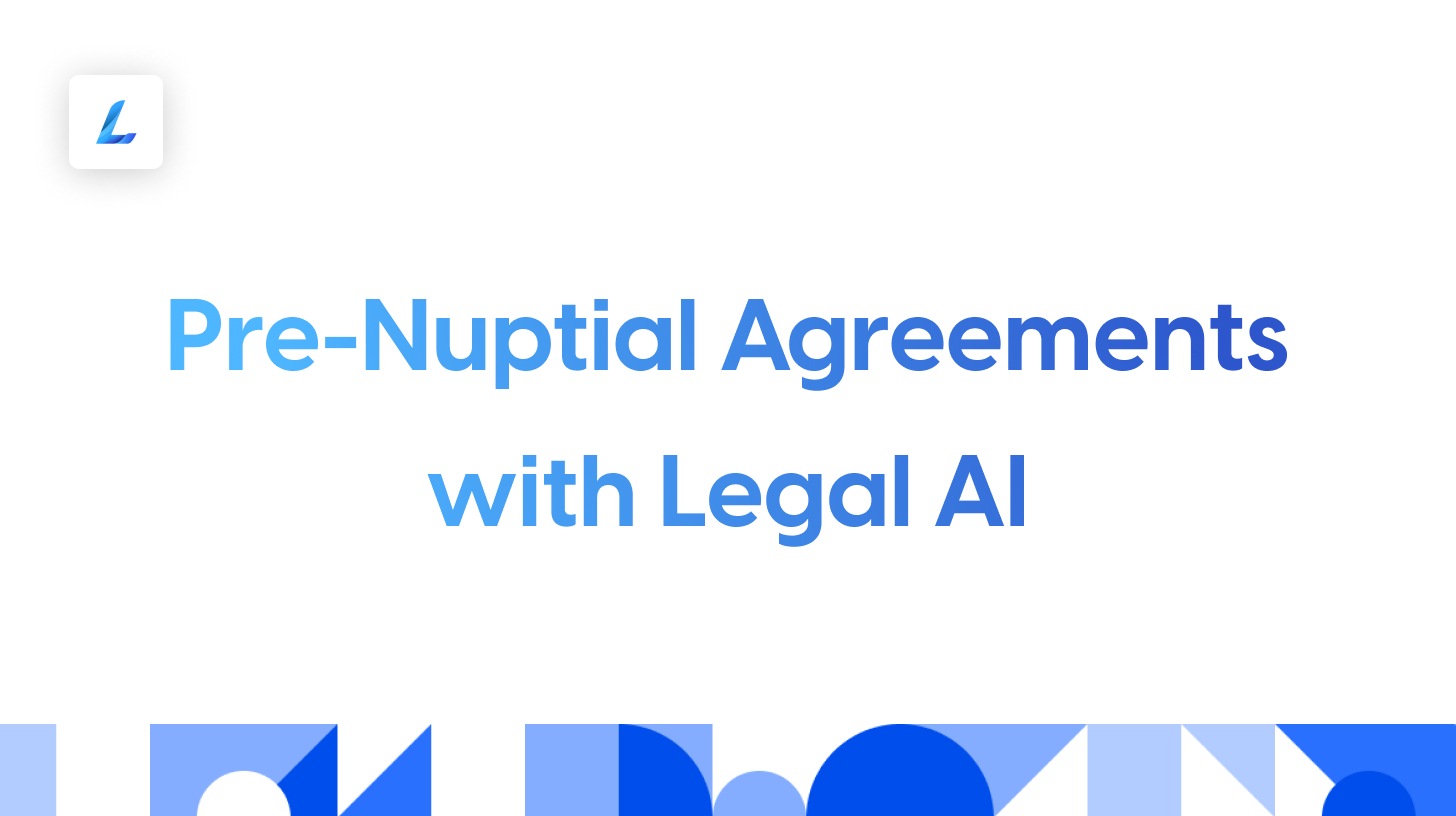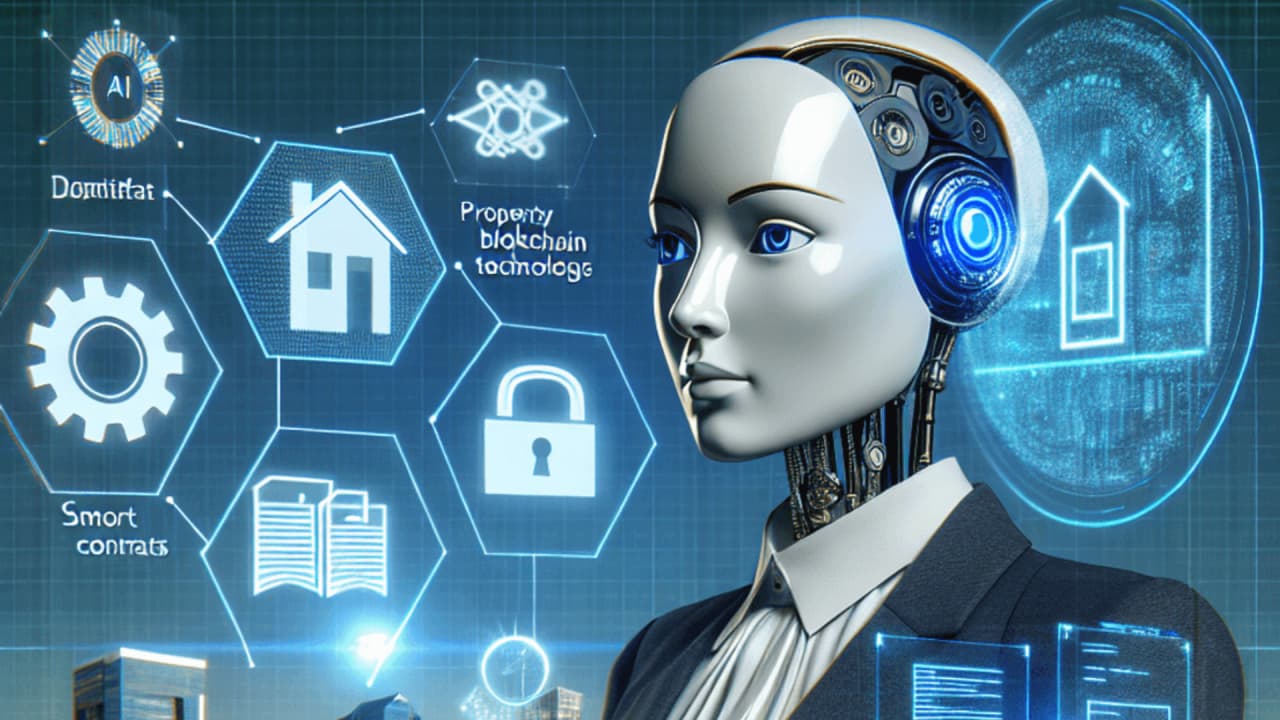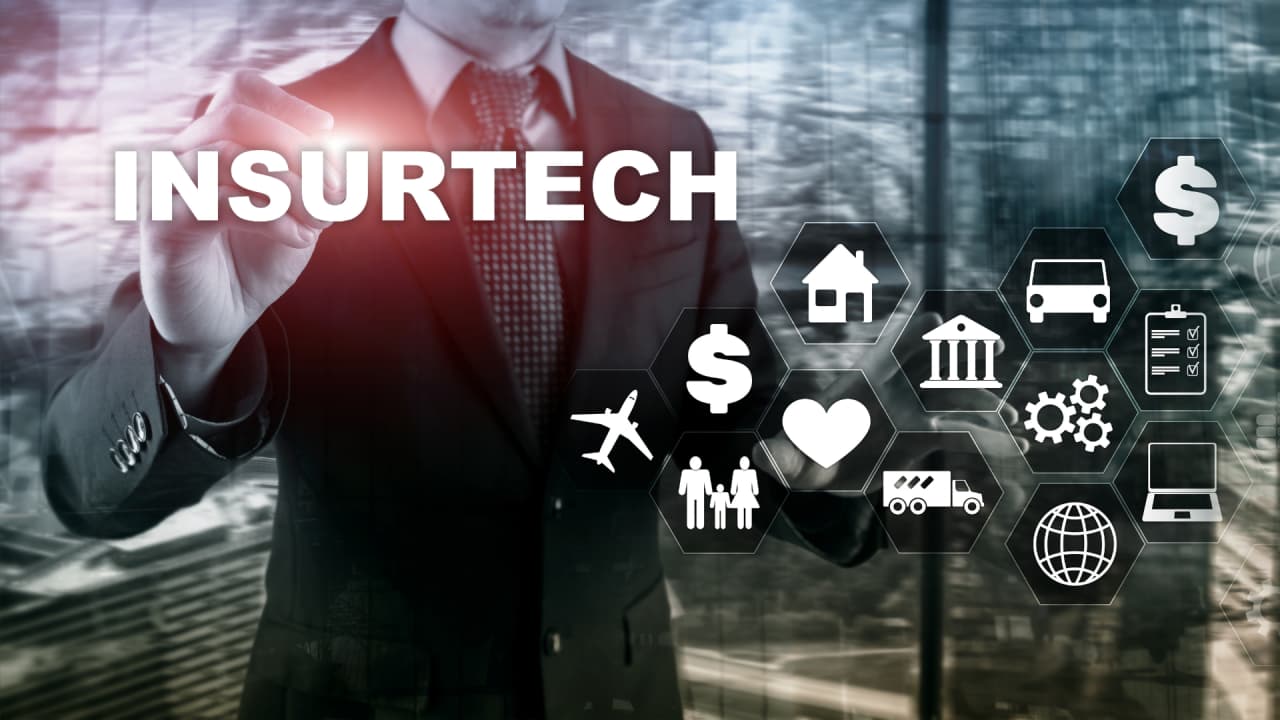Automated Pre-Nuptial Agreements
In a world where love often intertwines with legal intricacies, the Pre-Nuptial Agreement has emerged as a crucial tool for couples preparing to embark on the journey of marriage. These legally binding contracts outline the division of assets and responsibilities in the event of divorce or separation. While pre-nuptial agreements have been in existence for centuries, their relevance and complexity have surged in recent years. Enter the digital age, where Legal AI takes centre stage, changing the way we approach and draft prenuptial agreements.
Marriage, historically viewed as the union of two souls, is now seen through a more pragmatic lens. In an era where individuals accumulate wealth, property, and complex financial portfolios before saying “I do,” pre-nuptial agreements have become a prudent and responsible step. They provide a safety net, a legal framework for addressing financial matters should the marriage encounter stormy seas.
However, these agreements are far from the simple documents of the past. The modern pre-nuptial agreement delves into intricate details, encompassing assets, debts, investments, intellectual property, and even the custody of pets. As relationships evolve in complexity, so do the legal considerations surrounding them.
The Surging Relevance of Pre-Nuptial Agreements
The increased prominence of pre-nuptial agreements has led to a surge in demand for legal expertise in this area. Couples are no longer seeking one-size-fits-all agreements but rather documents that are finely tuned to their unique circumstances and needs. This has created a conundrum: how can couples efficiently create personalised pre-nuptial agreements that protect their interests without draining their time and financial resources?
This is where Legal AI comes into play. In an age where technology has redefined the way we live, work, and love, it’s only natural that it transforms the way we approach pre-nuptial agreements. The AI Legal Assistant, a powerful tool in the realm of Legal AI, promises to streamline the creation of pre-nuptial agreements, making them accessible, efficient, and tailored to the specific needs of each couple.
In this article, we’ll embark on a journey through the landscape of pre-nuptial agreements in the digital age. We’ll explore how Legal AI, with a special focus on the AI Legal Assistant and Contracts with AI, is poised to reshape the process of crafting these important documents. As we navigate the complexities of love and law, it will become evident that Legal AI is not just a tool. It’s a bridge that connects the legal requirements of pre-nuptial agreements with the emotional needs of couples, fostering transparency, fairness, and open communication within relationships.
The Prenuptial Agreement Landscape
Before we delve into the transformative role of Legal AI, let’s understand why pre-nuptial agreements have become increasingly important in contemporary relationships. In a time when financial portfolios, investments, and entrepreneurial ventures often precede marriage, couples seek to protect their individual interests. Pre-nuptial agreements provide a mechanism to safeguard assets, clarify financial expectations. They can also prevent costly and emotionally draining disputes in the unfortunate event of divorce or separation.
However, the process of creating a prenuptial agreement can be daunting. It involves detailed financial disclosures, legal terminology, and a thorough understanding of applicable laws. Couples often face a dilemma: how to protect their interests while maintaining the warmth and trust inherent in a loving relationship.
The Challenge: Modern Relationships and Traditional Processes
The modern relationship landscape presents unique challenges. Couples today often marry later in life, bringing with them substantial individual assets and complex financial histories. They may have children from previous relationships, share ownership in businesses, or possess valuable intellectual property rights. Navigating this complex financial terrain requires a prenuptial agreement that is not only legally sound but also tailored to the specific needs and circumstances of the couple.
Traditionally, the creation of pre-nuptial agreements has been a labour-intensive and costly process. It involves multiple meetings with lawyers, extensive paperwork, and a significant investment of time and money. The legal expertise required, coupled with the emotional sensitivity of the subject matter, can create barriers for couples seeking to protect their interests.
Real-world Impact: Legal AI in Action
In the evolving landscape of modern relationships, consider the scenario of Amanda and David. Both accomplished entrepreneurs with substantial assets, they’re on the cusp of embarking on a new chapter of their lives together—marriage. As they plan for their future together, they recognise the need for a prenuptial agreement to protect their individual interests and assets. However, like many couples in the digital age, they are mindful of the potential costs and time associated with traditional legal processes.
Amanda and David are deeply committed to each other, but they also understand the importance of financial security and transparency. They want to ensure that their assets and financial responsibilities are clearly defined, not as a sign of distrust. Instead as a practical and responsible measure to safeguard their individual and shared futures. They want their marriage to be built on love and trust, but they also recognise the value of a legal framework that can provide clarity and fairness should unforeseen circumstances arise.
Legal AI helps this
Enter the AI Legal Assistant, a powerful and versatile tool in the realm of Legal AI. Amanda and David decide to leverage this technology to create their prenuptial agreement. Here’s how it unfolds:
- Efficient Document Generation: The AI Legal Assistant guides Amanda and David through the process of drafting their prenuptial agreement. It starts by asking them a series of questions about their financial circumstances, their assets, debts, and their respective wishes regarding these matters. This intuitive interface simplifies a potentially complex process.
- Customisation: The AI tool then uses the information provided to generate a prenuptial agreement that is tailored to Amanda and David’s unique circumstances. It takes into account their individual financial portfolios, ensuring that the agreement reflects their specific needs and desires. They can make revisions and adjustments in real-time, ensuring that the document truly represents their intentions.
- Legal Expertise: Legal AI isn’t just a document generator; it’s a virtual legal expert. It provides guidance on the legal requirements and considerations for their jurisdiction. Proving invaluable ensuring that the agreement complies with state laws. This expert guidance helps Amanda and David avoid potential pitfalls and oversights.
- Privacy and Comfort: The digital nature of the AI Legal Assistant allows Amanda and David to work on their pre-nuptial agreement in the comfort and privacy of their own home. They don’t have to schedule multiple meetings with lawyers or disclose sensitive financial information to third parties. This level of privacy is invaluable in maintaining the trust and intimacy of their relationship.
Crafting a Path to a Happy “Happily Ever After”
As Amanda and David collaborate on their pre-nuptial agreement using the AI Legal Assistant, they find that the process is not only efficient but also empowering. It enables them to have open and honest conversations about their financial expectations and responsibilities, fostering transparency and understanding. They discover that the agreement they are creating is not a barrier but a bridge—one that helps them navigate the complexities of love and finance.
In the end, Amanda and David have a legally sound and customised pre-nuptial agreement that reflects their individual interests while maintaining the trust and intimacy of their relationship. It is a testament to the power of Legal AI to bridge the gap between legal requirements and emotional needs. Legal AI can be used to ensure that couples like Amanda and David can enter marriage with confidence and clarity.
Their story is just one example of the real-world impact of Legal AI in the realm of pre-nuptial agreements. It demonstrates that technology can smoothen the emotional and legal aspects of such agreements. It is time to make it accessible, efficient, and fair for couples in the digital age.
Challenges and Future Prospects
Legal AI offers immense benefits in streamlining the pre-nuptial agreement process. Let’s look at the potential challenges. These include concerns about data privacy, the need for legal oversight in complex cases, and the importance of open communication between couples. Legal AI should be viewed as a tool that augments legal processes rather than a replacement for legal expertise.
As we look to the future, the integration of Legal AI into the creation of pre-nuptial agreements promises to be transformative. It’s not just about simplifying paperwork. It’s also about fostering transparency, fairness, and open communication within relationships.
In Conclusion
In the complex dance of love and law, pre-nuptial agreements have evolved from mere legal documents to essential tools for safeguarding the interests of couples in the digital age. Legal AI is the bridge that connects the legal requirements of pre-nuptial agreements with the emotional needs of couples. It offers an efficient, cost-effective, and sensitive way to create customised agreements. This protects individual assets while preserving the harmony and trust within relationships.
Ready to Safeguard Your Love and Assets?
Don’t let the complexities of pre-nuptial agreements create unnecessary barriers in your relationship. With Legaliser, harness the power of Legal AI and craft agreements that reflect your unique needs and circumstances. Let AI be your legal co-pilot in this transformative journey. Connect with Legaliser today!






